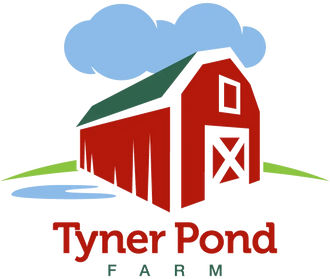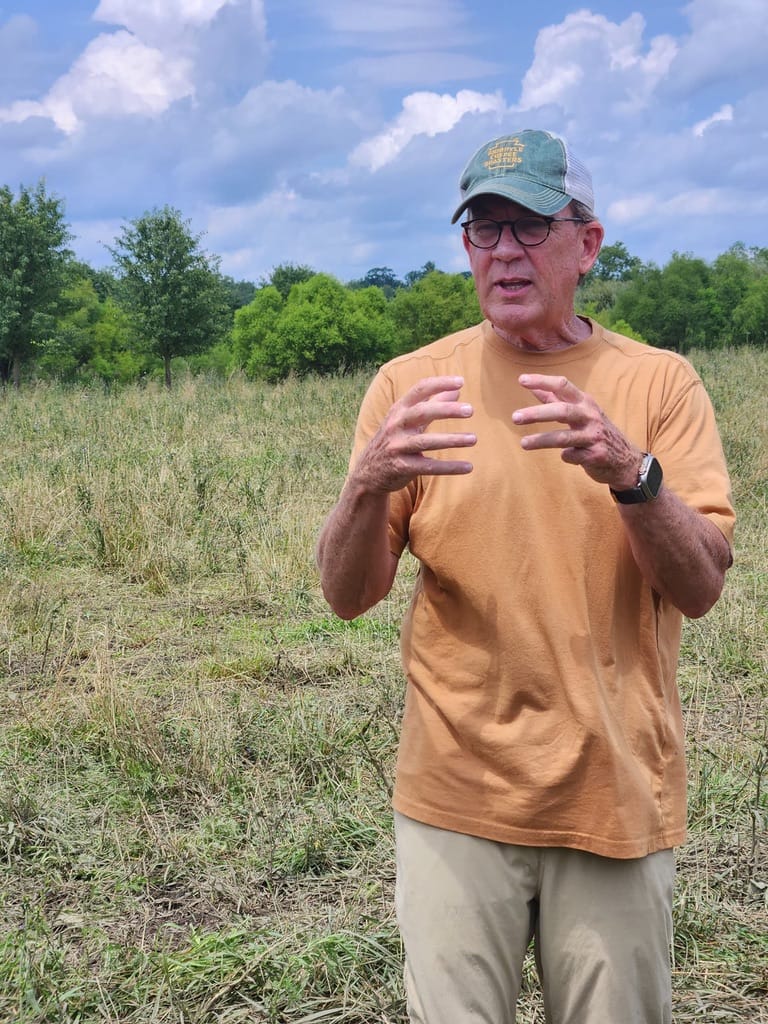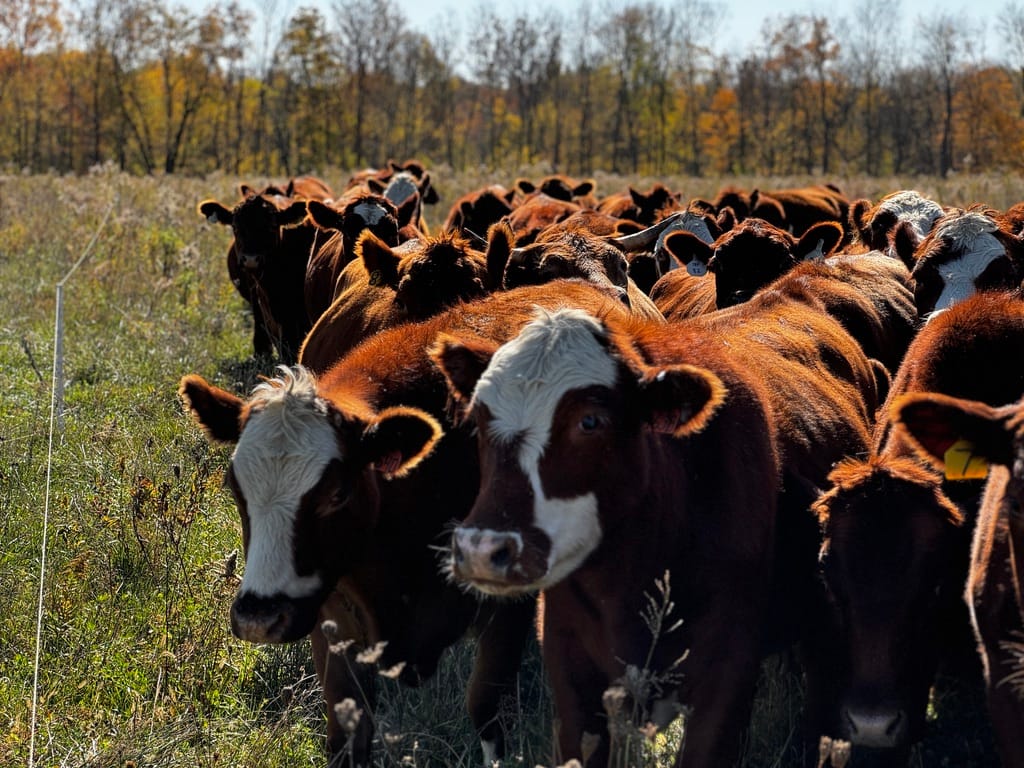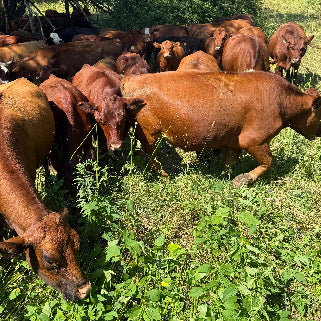
Letters From A Farmer In Indiana: Issue #1
Empowering Citizens: Lessons from Revolutionary Boycotts
I was born in Pennsylvania, and one of the most memorable parts of my early education was learning about the “Letters from a Pennsylvania Farmer.” These essays, written by John Dickinson in the late 1760s, left a lasting impression on me. As I grew older and became involved in farming, I found that Dickinson’s message about resisting centralized control resonated deeply with our mission here at Tyner Pond Farm. At Tyner Pond Farm, we are deeply committed to sustainable and regenerative farming practices. Our approach is guided by a respect for nature and a dedication to the well-being of our community. In looking at our mission, we find a meaningful parallel in the history of colonial America, specifically in the "Letters from a Pennsylvania Farmer". Dickinson’s letters were a response to the British Parliament's Townshend Acts, which imposed taxes on the American colonies without their consent. These essays argued passionately against the overreach of a distant authority and emphasized the importance of local self-governance and autonomy. Due to the widespread influence of Dickinson’s letters, calls and petitions emerged across the colonies to boycott imported goods. This unity among the colonies against a common adversary eventually led to the formation of the First Continental Congress. The consumer boycott of imported goods had a significant impact on local economies in the colonies. By refusing to buy English goods, colonists created a demand for locally produced items, which led to the growth of local businesses. Artisans, farmers, and other local producers saw an increase in demand for their products, helping to bolster the local economy. Today, we see a similar struggle in the realm of agriculture, where large multinational corporations wield significant control over our food systems.Centralized Control and Local Autonomy
Just as the British government sought to exert control over the American colonies, modern multinational corporations dominate the global food industry. These entities prioritize profit over all else, leading to practices that harm the environment and reduce biodiversity, negatively impact our health, local economies and our food security. At Tyner Pond Farm, we believe in the value of local autonomy and proudly operate independently of these large-scale industrial influences.Economic Exploitation and Environmental Impact
Dickinson warned that accepting British-imposed taxes would set a dangerous precedent for further encroachments on colonial rights. Similarly, the dominance of a few global corporations in food, pharmaceuticals and agriculture can lead to the control of local resources and governments. This exploitation often results in environmental degradation, including soil depletion, water contamination, and the loss of native species. Perhaps a bigger issue is the dependence a society becomes for things as basic as food.The Importance of Local Empowerment
Dickinson’s call for resistance inspired a movement for greater self-determination. Today, there is a growing movement toward secure, local food systems that empower communities and support local farmers. Global corporations seek to undermine community culture to promote their own brands, prioritizing profit over local traditions and values. Wendell Berry has spoken about this, highlighting how the dominance of corporate interests erodes the unique character and self-sufficiency of communities in favor of homogenized consumerism. At Tyner Pond Farm, we are proud to be part of this movement. Our practices are designed to benefit not only our farm but also the broader ecosystem and our local community. By choosing to support local farms, you help push back against the globalized control of our food systems and ensure that our food is produced with care and respect for the environment.A Modest and Sincere Commitment
Our commitment to sustainable farming is rooted in modesty and sincerity. We avoid exaggeration and focus on straight, honest communication about our farm and products. We are wary of the community impact of large-scale industrial farming and value traditional, sustainable practices that honor the land and its natural processes. In the spirit of John Dickinson's letters, we believe in the power of local action and the importance of preserving our autonomy. By working together, we can create a food system that is environmentally secure, respectful of local communities, and free from the undue influence of global corporations. Just as the consumer boycott of British products helped spark the American Revolution, we as consumers can choose to minimize the amount of food we buy from corporate food systems. By opting to purchase from local farmers and small-scale producers, we can reclaim control over our food supply, support our communities, and promote sustainable practices. Every purchase we make is a powerful statement against the dominance of global corporations and a step towards a healthier, more resilient food system. Thank you for supporting farms like Tyner Pond. .
Tags:
Previous post
Food Security Starts in the Soil: The Benefits of Holistic Planned Grazing
Next post
















